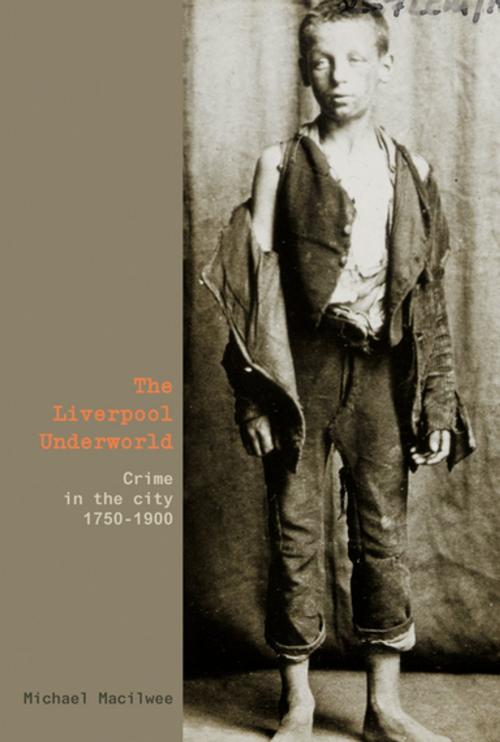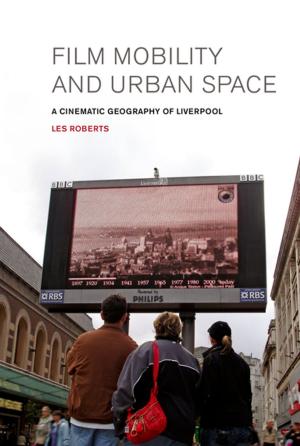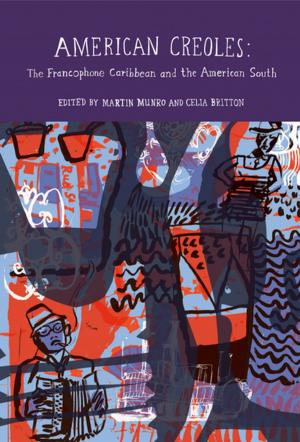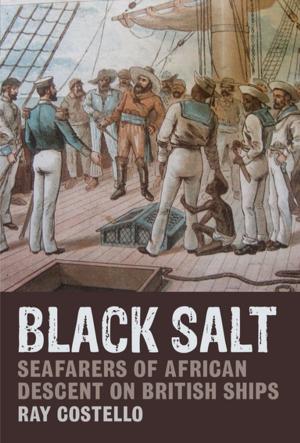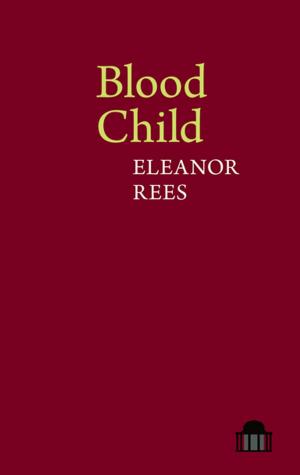| Author: | Michael Macilwee | ISBN: | 9781781388853 |
| Publisher: | Liverpool University Press | Publication: | November 4, 2011 |
| Imprint: | Liverpool University Press | Language: | English |
| Author: | Michael Macilwee |
| ISBN: | 9781781388853 |
| Publisher: | Liverpool University Press |
| Publication: | November 4, 2011 |
| Imprint: | Liverpool University Press |
| Language: | English |
In the nineteenth century Liverpool gained an unenviable reputation as the most crime-ridden place in the country. Dock theft, alcohol-related crime, prostitution, sectarian violence, a high level of female offending and armies of juvenile thieves made Liverpool a distinct criminal landscape, 'the black spot on the Mersey'. Using contemporary newspapers and journals (both local and national), autobiographies and first-hand accounts gleaned from parliamentary and prison reports, Michael Macilwee explores the social background, conditions and events that helped create and sustain the variety and high level of criminality in Liverpool. The book provides accounts, statistics and analysis of criminal practices ranging from poaching to pocket-picking to prostitution. It also makes space for the voices of the long-forgotten Liverpool poor and members of the so-called 'criminal classes', exhuming fascinating first-person accounts of motives, fears and aspirations long buried in archives. Macilwee also considers the ways in which various institutions, including the police, courts, prisons, churches and philanthropic organizations, attempted to bring order to the streets and improve the behaviour of the Liverpool public. Finally, the book suggests that we are still struggling with the legacy of Victorian social problems and their possible solutions, particularly in relation to debates about alcohol, prostitution and the usefulness of prison as a punishment.
In the nineteenth century Liverpool gained an unenviable reputation as the most crime-ridden place in the country. Dock theft, alcohol-related crime, prostitution, sectarian violence, a high level of female offending and armies of juvenile thieves made Liverpool a distinct criminal landscape, 'the black spot on the Mersey'. Using contemporary newspapers and journals (both local and national), autobiographies and first-hand accounts gleaned from parliamentary and prison reports, Michael Macilwee explores the social background, conditions and events that helped create and sustain the variety and high level of criminality in Liverpool. The book provides accounts, statistics and analysis of criminal practices ranging from poaching to pocket-picking to prostitution. It also makes space for the voices of the long-forgotten Liverpool poor and members of the so-called 'criminal classes', exhuming fascinating first-person accounts of motives, fears and aspirations long buried in archives. Macilwee also considers the ways in which various institutions, including the police, courts, prisons, churches and philanthropic organizations, attempted to bring order to the streets and improve the behaviour of the Liverpool public. Finally, the book suggests that we are still struggling with the legacy of Victorian social problems and their possible solutions, particularly in relation to debates about alcohol, prostitution and the usefulness of prison as a punishment.
